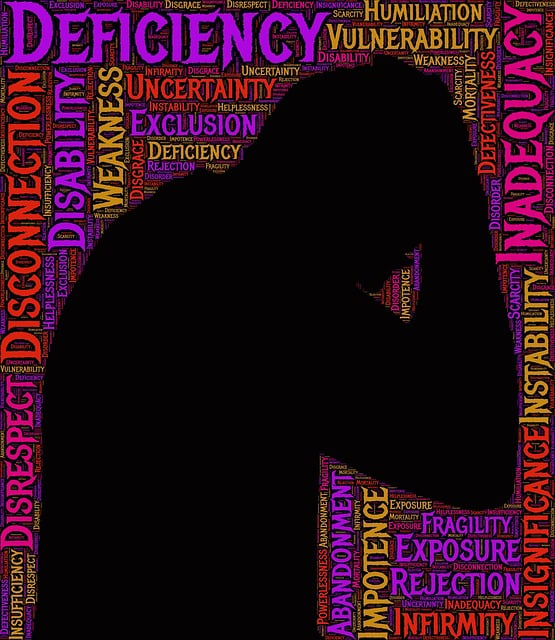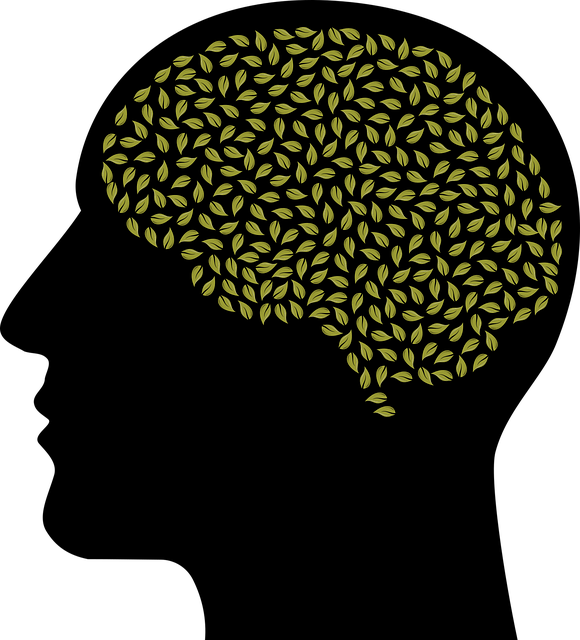Mental wellness is key to a fulfilling life, impacted by issues like anxiety, depression, and relationship problems stemming from stress, communication, and unprocessed emotions. Englewood Relationship Issues Therapy targets root causes, teaches healthier coping mechanisms, improves communication, and facilitates emotional healing. Journaling, emphasized in this therapy, aids personal growth and mental health management by enabling introspection, processing emotions, gaining clarity, and uncovering behavioral patterns. Structured journaling prompts enhance self-awareness, break negative thought cycles, and foster positive thinking, ultimately strengthening relationships and cultivating emotional well-being. Tracking progress through journaling is a crucial component of Englewood Relationship Issues Therapy, fostering resilience, motivation, and emotional intelligence for both individuals and healthcare providers.
Unwind your mind and embark on a journey of self-discovery with mental wellness journaling. This powerful exercise offers a sanctuary for processing daily life’s challenges, especially those intricate Englewood relationship issues that can leave us feeling overwhelmed. By documenting thoughts and emotions, you gain clarity and develop strategies to navigate therapy effectively.
This article guides you through the process, from understanding mental wellness’ profound impact on everyday life to mastering journaling techniques and celebrating progress in your therapy journey.
- Understanding Mental Wellness and its Impact on Daily Life
- Journaling as a Therapeutic Tool: A Guide for Self-Reflection
- Englewood Relationship Issues: Identifying Patterns through Journaling
- Effective Techniques to Structure Your Journaling Practice
- Tracking Progress and Celebrating Small Wins in Therapy
Understanding Mental Wellness and its Impact on Daily Life

Mental wellness, a state of emotional, psychological, and social well-being, is fundamental to leading a fulfilling life. It influences how we navigate our daily routines, interact with others, and cope with life’s challenges. Unfortunately, many individuals struggle with mental health issues, often stemming from complex factors like stress management, communication strategies, and unresolved emotional healing processes. These issues can manifest in various ways, such as anxiety, depression, or relationship problems, significantly impacting overall well-being.
Englewood Relationship Issues Therapy offers valuable support for those dealing with mental wellness challenges. By addressing underlying causes, therapy empowers individuals to develop healthier coping mechanisms, improve communication strategies, and engage in emotional healing processes. Through these means, one can enhance their mental resilience, fostering a more balanced and satisfying life.
Journaling as a Therapeutic Tool: A Guide for Self-Reflection

Journaling has emerged as a powerful therapeutic tool, offering individuals a chance to introspect and process their thoughts and emotions. For those dealing with relationship issues or seeking personal growth, Englewood Relationship Issues Therapy encourages mental wellness journaling as an effective exercise for self-reflection. By putting pen to paper, one can explore their feelings, gain clarity on complex situations, and even uncover hidden patterns in their behaviors and thought processes.
This simple yet profound practice allows individuals to take control of their mental health proactively. Through structured journaling prompts, mental wellness journaling exercises guide users to navigate their emotions, challenge negative thought cycles, and cultivate a deeper understanding of themselves. Moreover, it can serve as a valuable risk management planning tool for mental health professionals, enhancing cultural sensitivity in healthcare practices by promoting self-awareness and personal growth among clients.
Englewood Relationship Issues: Identifying Patterns through Journaling

Englewood Relationship Issues can often be complex and deeply intertwined with one’s mental wellness. Journaling offers a powerful tool to unravel these patterns and gain clarity, serving as both an investigative process and a therapeutic practice. By documenting thoughts, feelings, and interactions, individuals can identify recurring themes in their relationships that may contribute to stress or anxiety. This introspective process encourages self-reflection, helping to uncover underlying issues that might otherwise remain hidden.
Through consistent journaling practices, one might discover negative thought patterns and unhealthy relationship dynamics. Such awareness is the first step towards positive thinking and emotional well-being promotion techniques. By recognizing these patterns, individuals can begin to challenge them, fostering healthier interactions and improving overall mental wellness. Englewood Relationship Issues Therapy benefits greatly from this practice as it provides concrete insights for tailored strategies aimed at reducing anxiety relief and cultivating stronger, more fulfilling relationships.
Effective Techniques to Structure Your Journaling Practice

Englewood Relationship Issues Therapy suggests a structured journaling practice can significantly enhance mental wellness. Begin by setting aside dedicated time each day for your journal, ensuring it becomes an integral part of your routine. Consistency is key; aim for short, regular entries rather than infrequent, lengthy ones. This approach fosters mindfulness and helps you track progress over time.
Effective techniques include incorporating prompts that guide reflection on your emotions, thoughts, and experiences. Write about challenging situations, exploring them from different perspectives. Practice gratitude by jotting down daily blessings or positive aspects of your life. Additionally, using empathy-building strategies in your entries can foster self-esteem improvement and a deeper understanding of yourself and your relationships. Mind over matter principles are strengthened when you consciously choose to view each day as an opportunity for growth and reflection.
Tracking Progress and Celebrating Small Wins in Therapy

Tracking progress is an integral part of any therapeutic journey, and mental wellness journaling can serve as a powerful tool to help individuals monitor their growth. By regularly recording thoughts, feelings, and experiences, one can identify patterns, gain valuable insights, and celebrate small victories in Englewood Relationship Issues Therapy. These wins might include overcoming fears, improving communication skills, or learning effective coping mechanisms.
Journaling allows individuals to reflect on their progress over time, providing tangible evidence of their hard work and dedication. This practice fosters a sense of accomplishment and encourages continued effort, especially when facing challenges like relationship issues. It’s important to remember that therapy is a process, and acknowledging these small wins can boost motivation and emotional intelligence, helping one stay resilient throughout the therapeutic journey, even when implementing burnout prevention strategies for healthcare providers.
Mental wellness journaling offers a powerful tool for self-reflection, especially when navigating Englewood relationship issues therapy. By structuring your practice effectively and tracking progress, you can gain valuable insights into patterns that contribute to stress or conflict in relationships. This process enables better understanding of yourself and others, fostering healthier connections. Integrating journaling into your routine allows for continuous growth and celebration of small wins throughout your therapy journey.












